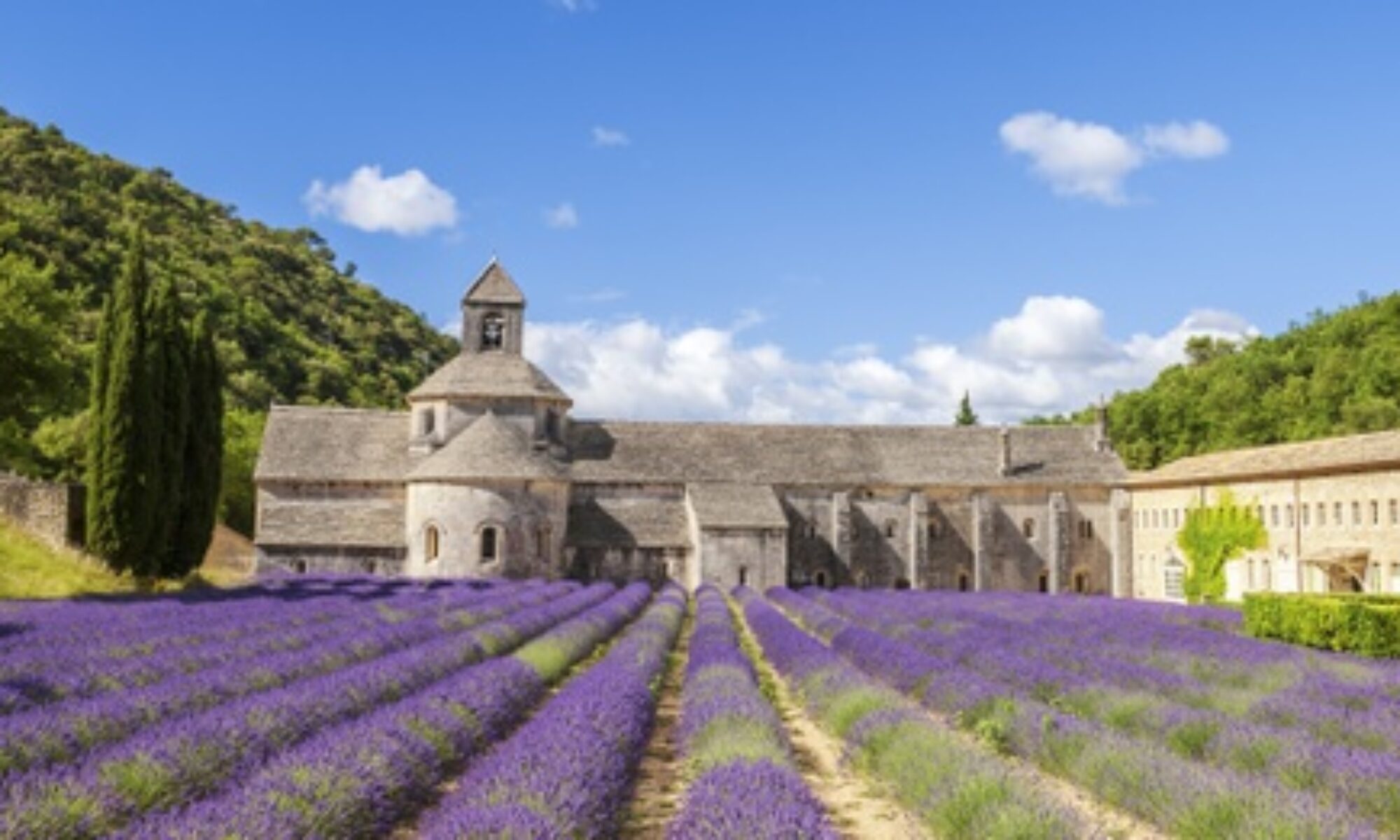An evil, power-hungry authoritarian garners support for a full-scale invasion. He appeals to a powerful religious figure for justification for his actions. His imminent invasion targets a group that speaks a similar but distinct language and nurtures their own culture. The result is several years of protracted, unbridled warfare that eliminates hundreds of thousands of the authoritarian’s neighboring ethnic group and permanently squelches that culture.
Surely, you say, my description refers to Vladimir Putin and his right-hand religious leader, Patriarch Kirill. The two have recently expressed their desire to force Ukraine into the Russian orbit of political and religious control at the cost of Ukrainian culture and identity. We read daily accounts of the slaughter of innocents as they wait at train stations, ride their bikes, or sleep in their apartments. Ghastly news continues unabated and the world wonders at the horror. How could this happen? How can a modern society sit back and allow such atrocities? The crisis in Ukraine is just one more example of how mankind refuses to learn from history.
The first paragraph of this article refers to the Albigensian Crusade, a major political and religious pacification that took place in what is now southern France over 800 years ago. The book Hills of Zion covers the first intensely violent month of this period that lasted from 1209 to 1223 and resulted in the annihilation of nearly a million civilians.
At the dawn of 1209, a flourishing culture existed along France’s Mediterranean coast. The regions of Languedoc and Provence possessed their own culture, territory, and language (related to Parisienne French),. Their political allegiance loosely answered to the King of Aragon, but they were left to manage affairs almost autonomously. Although they did not subscribe to a particular religious affiliation, this southern district of Francophones countenanced all Christian denominations and even Jews. The cosmopolitan rulers openly allowed Cathars, Gnostics, Waldensians, Albigensians, and other sects to teach in public spaces and among the nobility.
This openness and desire for freedom of expression eventually caught the unwanted attention of Catholic authorities. For years, the Pope sent delegations to the region to preach against these “heresies”, but to no avail. Local barons continued to support religious rights. Then, a powerful noble from France by the name of Simon de Montfort, who already controlled lands on both sides of the English Channel, decided the situation was ripe for a power grab.
Montfort enlisted the support of the King of France, but more importantly, from the Pope in Rome. With the most powerful monarch in western Europe and the most powerful religious leader sanctioning his moves, Montfort declared war on the freedom-loving Occitans, the name given to the inhabitants of Languedoc and Provence. The result was utter carnage, as French mercenaries by the tens of thousands descended upon the peace-loving and liberal-thinking Occitans.
Farms and vineyards were laid waste, towns sacked and destroyed, leaders killed in battle or arrested and murdered on false charges, women raped, and children slaughtered, simply because of their professed nationality and culture. The destruction was complete, and no neighboring nation dared interfere because Montfort had played the “nuclear” card- support from Pope Innocent III, a man who had the supposed power to send people to hell for their intransigence or beliefs.
Fast forward to today’s crisis in Europe. Have we learned anything at all in 800 years? The civilized world watches in disbelief as Ukrainians experience the terror of having their beloved culture, and life itself ripped from their grasp. If the Occitans had made a treaty with a stronger overlord, their culture would not have been so utterly decimated. If Ukraine could only have joined NATO before Putin enacted his evil plans, a people and culture could have been preserved for posterity.
No, we have not learned from history. And apparently, we never will.

